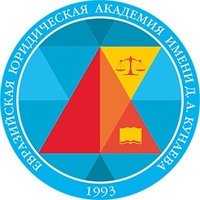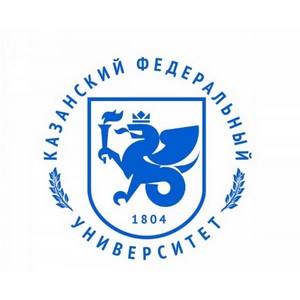On 3 January 1959, Alaska was admitted as the 49th state of the U.S. Back in 1812, merchant Ivan Kuskov founded Fort Ross – the first Russian settlement in Alaska. For several decades, the fort served as a stronghold for a Russian-American company. On 30 March 1867, a treaty was signed on the sale of Alaska and the Aleutian Islands by Russia to the United States of America, and in October of that year Alaska was transferred to the U.S. Russia received 7 million 200 thousand dollars for the peninsula with a length of about 700 km. Thus, Russia got rid of the unprofitable and problematic company. At the same time, the country replenished its finances, impoverished by the Crimean War. Moreover, Russia gained an ally represented by America against hostile England.
The U.S. Department of War was in charge of the peninsula for 17 years. In 1884, the U.S. Congress decided to establish administrative bodies in Alaska, appointed a governor, a district judge, a district jury, allocated $25,000 for school education and introduced an administrative ban on the production of alcohol. On 3 January 1959, Alaska was granted statehood, becoming the 49th and largest state in the United States.
On 3 January 1975, President Gerald Ford signed into law the Jackson–Vanik Amendment to the Trade Act of 1974, which restricted trade with countries that impeded emigration and violated human rights. The amendment was proposed by Congressmen Henry Jackson and Charles Vanik. The Jackson–Vanik Amendment denied most favored nation status in trade, prohibited government loans to certain countries that violated or severely restricted the rights of their citizens to emigrate, as well as other human rights. The amendment also provided for the application of discriminatory tariffs and fees to goods imported into the United States from countries with ‘non-market economies.’ In addition to the USSR, the amendment was applied to China, Vietnam and Albania.
The effect of the amendment on Russia was canceled on 21 November 2012 by U.S. President Barack Obama.
Currently, the amendment is being applied to a number of countries, including Azerbaijan, Belarus, Kazakhstan, Tajikistan and Uzbekistan.
The core provision of the amendment was codified as 19 U.S.C. 2432(a), Sec. 402 «Freedom of Emigration in East-West Trade» of the Trade Act of 1974 (Pub.L. 93–618, 88 Stat. 1978), which was enacted January 3, 1975:
(a) Actions of non market economy countries making them ineligible for normal trade relations, programs of credits, credit guarantees, or investment guarantees, or commercial agreements
To assure the continued dedication of the United States to fundamental human rights, and notwithstanding any other provision of law, on or after January 3, 1975, products from any nonmarket economy country shall not be eligible to receive nondiscriminatory treatment (normal trade relations), such country shall not participate in any program of the Government of the United States which extends credits or credit guarantees or investment guarantees, directly or indirectly, and the President of the United States shall not conclude any commercial agreement with any such country, during the period beginning with the date on which the President determines that such country —
- (1) denies its citizens the right or opportunity to emigrate;
- (2) imposes more than a nominal tax on emigration or on the visas or other documents required for emigration, for any purpose or cause whatsoever; or
- (3) imposes more than a nominal tax, levy, fine, fee, or other charge on any citizen as a consequence of the desire of such citizen to emigrate to the country of his choice, and ending on the date on which the President determines that such country is no longer in violation of paragraph (1), (2), or (3).
President of the Union of Criminalists and Criminologists
Igor M. Matskevich
Translated by Elizaveta O. Ovchinnikova
































